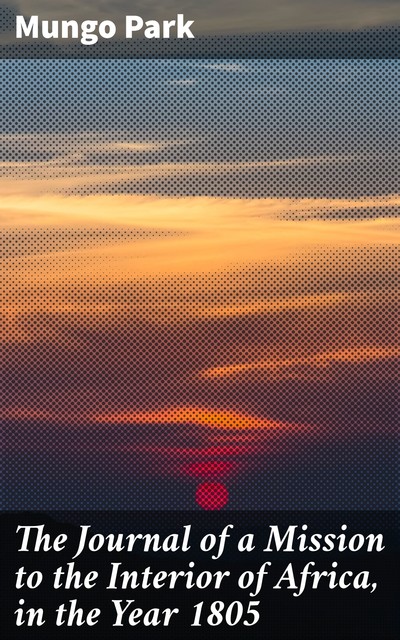In “The Journal of a Mission to the Interior of Africa, in the Year 1805,” Mungo Park meticulously chronicles his expedition into the interior of West Africa, blending vibrant narrative with keen observations. His literary style is marked by a clear, descriptive prose that captures both the beauty and challenges of the African landscape, as well as the diverse cultures he encounters. The journal serves not only as an adventure tale, but also as an essential historical document reflecting the European fascination with Africa during the Age of Enlightenment, marked by a tension between geographical exploration and the ethics of colonization. Mungo Park, a Scottish explorer born in 1771, was heavily influenced by the prevailing scientific curiosity of his time, which propelled him to undertake this arduous journey into uncharted territories. His previous travels and experiences had instilled in him a profound respect for the cultures he encountered, which is evident in his efforts to communicate and engage with local populations. Park's commitment to honest observations makes his work a significant contribution to the field of exploration literature. This book is a must-read for anyone interested in the narratives of exploration and the complexities of cultural exchange in early 19th-century Africa. Park's firsthand account provides invaluable insights into the period's socio-political dynamics and is essential for understanding the historical context of European-African relations.


